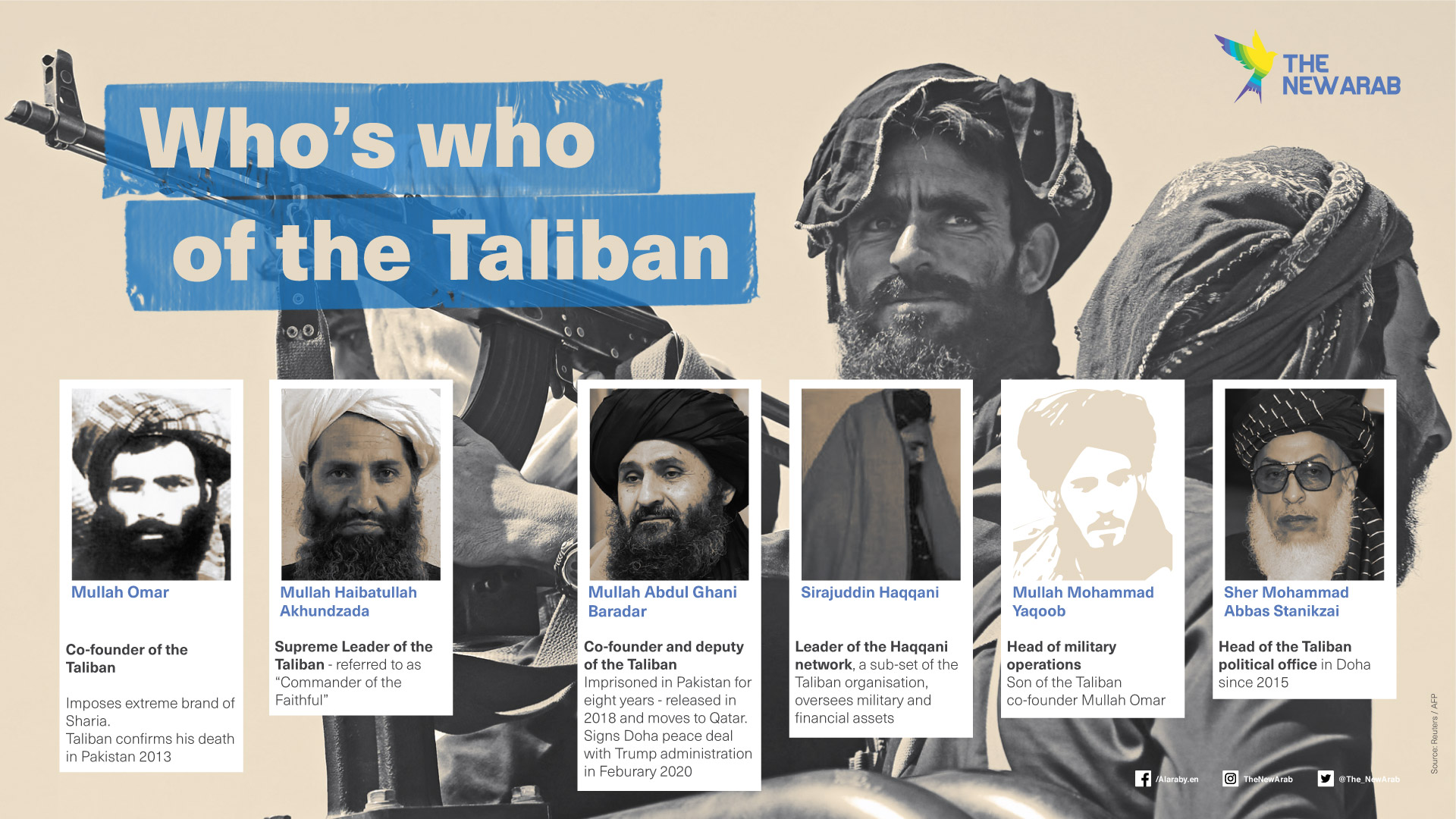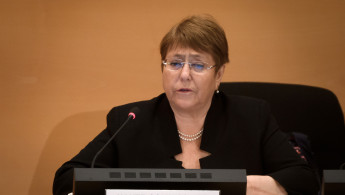Taliban's treatment of women, girls a 'fundamental red line': UN rights chief
The UN rights chief voiced grave concern on Tuesday at the situation in Afghanistan after the Taliban swept into power, saying the hardline Islamist group's treatment of women is a "fundamental red line".
Speaking at an emergency session of the Human Rights Council on Afghanistan, Michelle Bachelet urged the Taliban to honour commitments to respect the rights of women and girls, and of ethnic and religious minorities, and refrain from reprisals.
"The onus is now fully on the Taliban to translate these commitments into reality," she said.
"A fundamental red line will be the Taliban's treatment of women and girls," she said, urging "respect for their rights to liberty, freedom of movement, education, self expression and employment."
Tuesday's special council session ended with the adoption of a resolution stressing the top UN rights body's "unwavering commitment to the rights of women and girls", and calling for "transparent and prompt investigation" into violations in Afghanistan.
But it did not order an international investigation as many had called for, and was criticised by rights groups and a number of countries for not going far enough.
The session was held as Taliban spokesman Zabihullah Mujahid said that female Afghan government workers should stay home until security conditions in the country improve.
Resolution 'falls short'
The Taliban has repeatedly promised a different kind of rule to their brutal regime of the 1990s that saw women confined to their homes, most entertainment banned, and stonings and public executions used as punishments.
But their rebranding is being treated with scepticism, and large crowds continue to mass outside Kabul airport desperately seeking evacuation, terrified of facing life under the Taliban.
Even before the Taliban takeover, the UN says Afghanistan saw a sharp increase in civilian casualties in recent months.
Bachelet said her office had received credible reports of serious violations in places that have been under Taliban control, including summary executions, restrictions of women's rights, blocking girls from attending school and the recruitment of child soldiers.
Nasir Ahmad Andisha, the Afghan ambassador to the UN in Geneva who continues to represent his country even after the collapse of the government that appointed him, made clear that he wanted to see strong action.
He urged council members to deliver "a strong message to all parties including the Taliban that abuses and violations of human rights... will have consequences."
Rights groups had called for the council to establish an international fact-finding mission to assess the situation on the ground and seek to document violations, with the view to ensuring accountability.
 |
But Tuesday's resolution merely called for Bachelet to update the council on the situation, first orally during next month's regular council session and in a written report next March, drawing condemnation.
"As atrocities mount, failure to take meaningful action risks sending a message of impunity to those responsible," Human Right Watch's John Fisher told the council.
A number of countries who otherwise would have pushed for the resolution to go further held back for fear that a stronger response could anger the Taliban and jeopardise access for evacuations from the country, according to several diplomatic sources.
The text did pass without a vote, but the European Union and others voiced regret that it had not gone further, pointing out that it does not even mention the Taliban by name.
"The resolution falls short of the level of ambition that the situation in Afghanistan demands," Austrian Ambassador Elisabeth Tichy-Fisslberger said on behalf of the EU.





 Follow the Middle East's top stories in English at The New Arab on Google News
Follow the Middle East's top stories in English at The New Arab on Google News


![22 Arab countries at COP29 have rejected the targeting of fossil fuels [Getty]](/sites/default/files/styles/image_330x185/public/2024-11/GettyImages-2184289638.jpg?h=199d8c1f&itok=ptHl5bec)